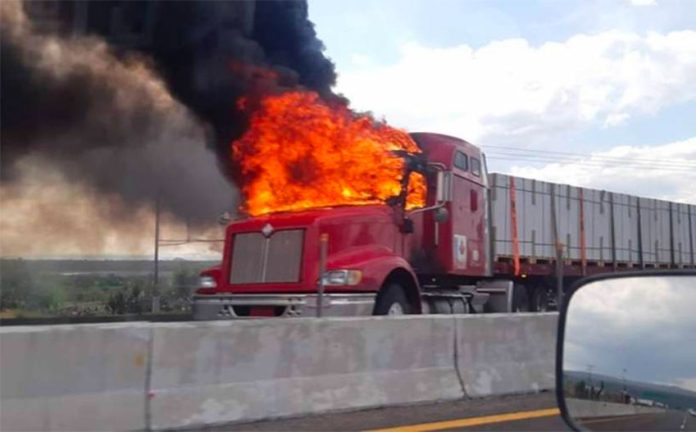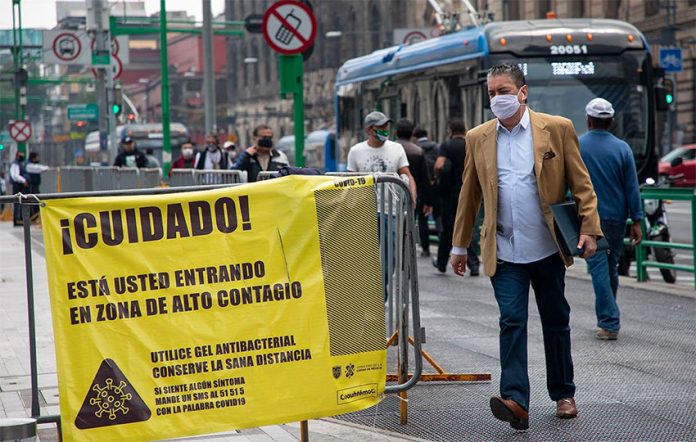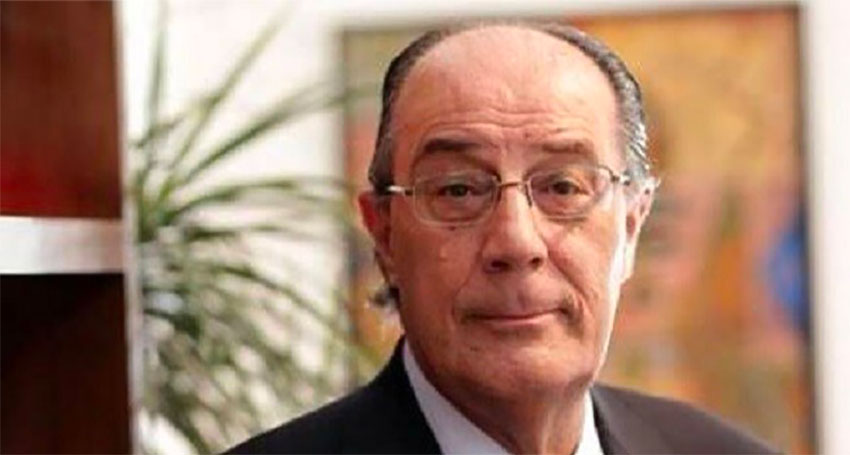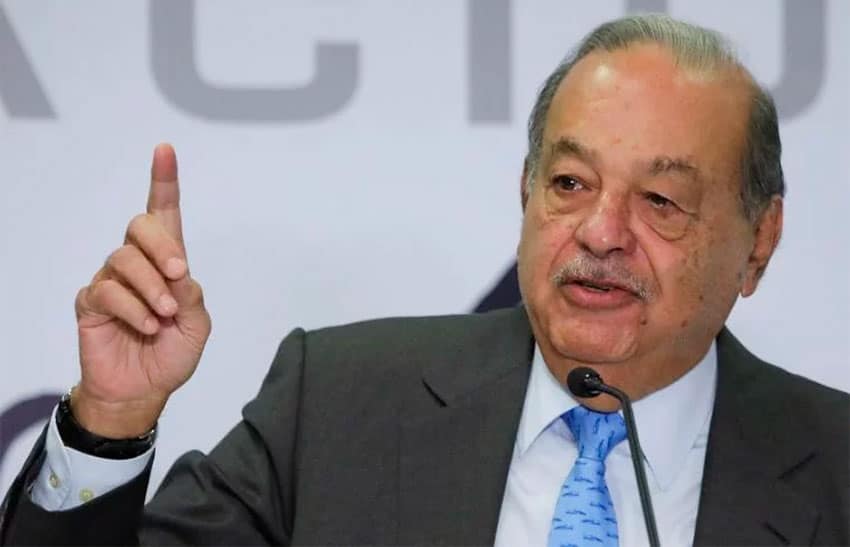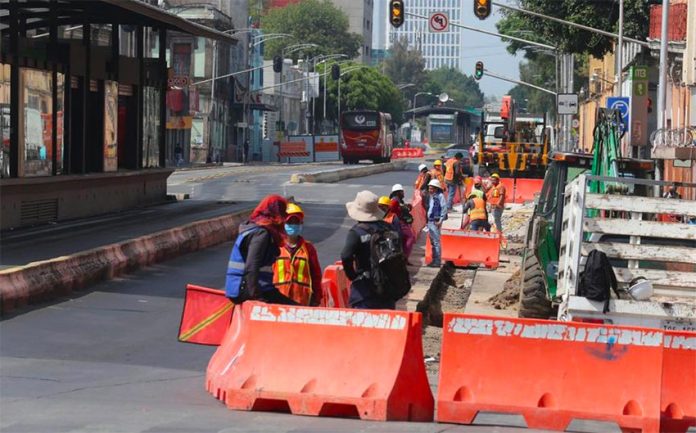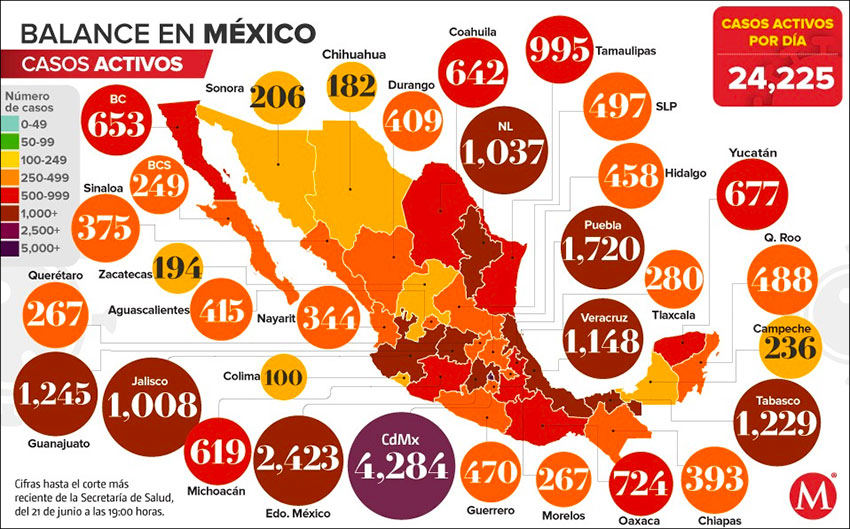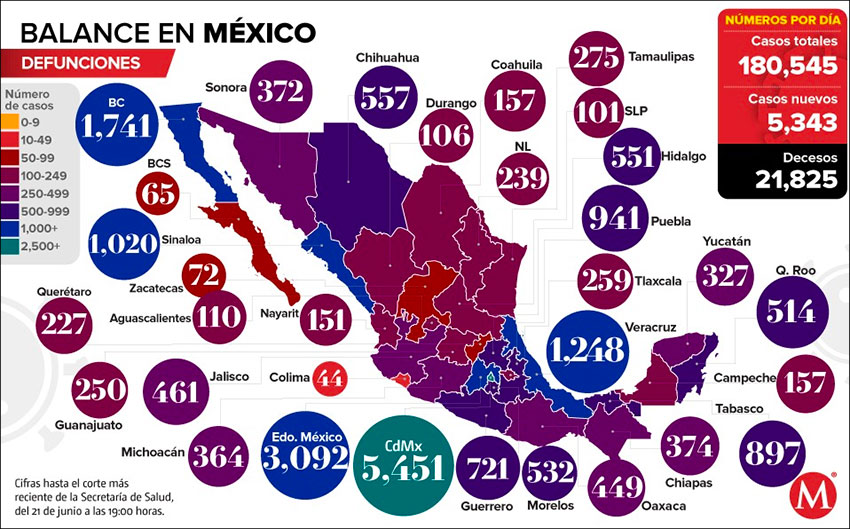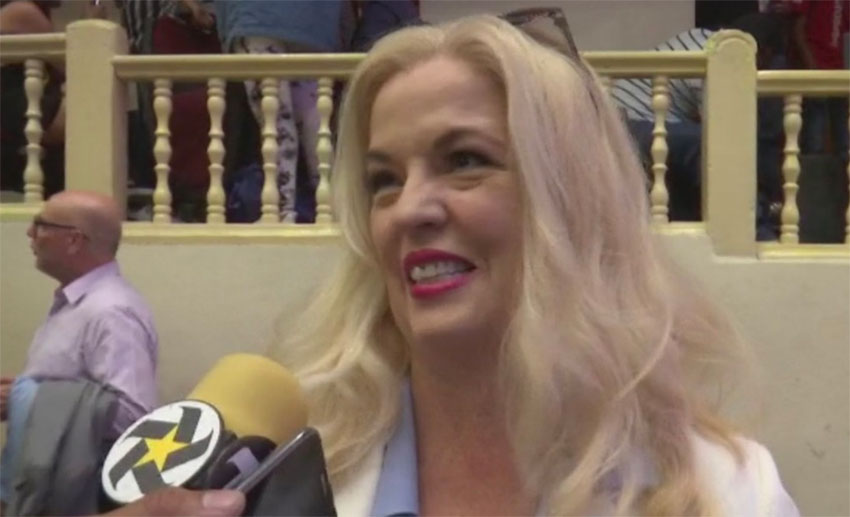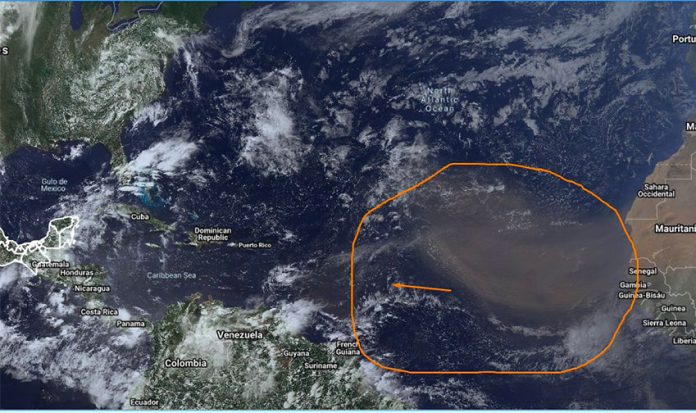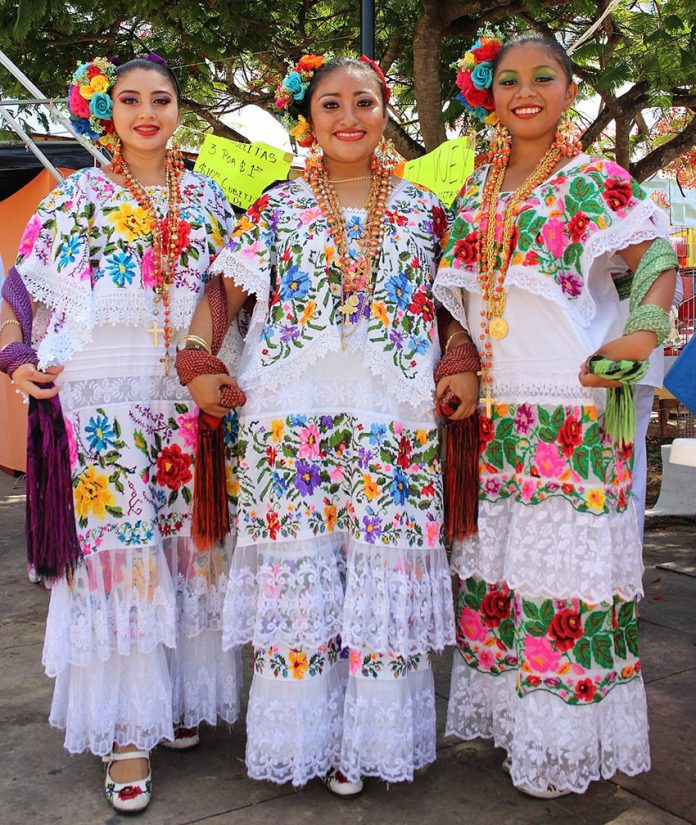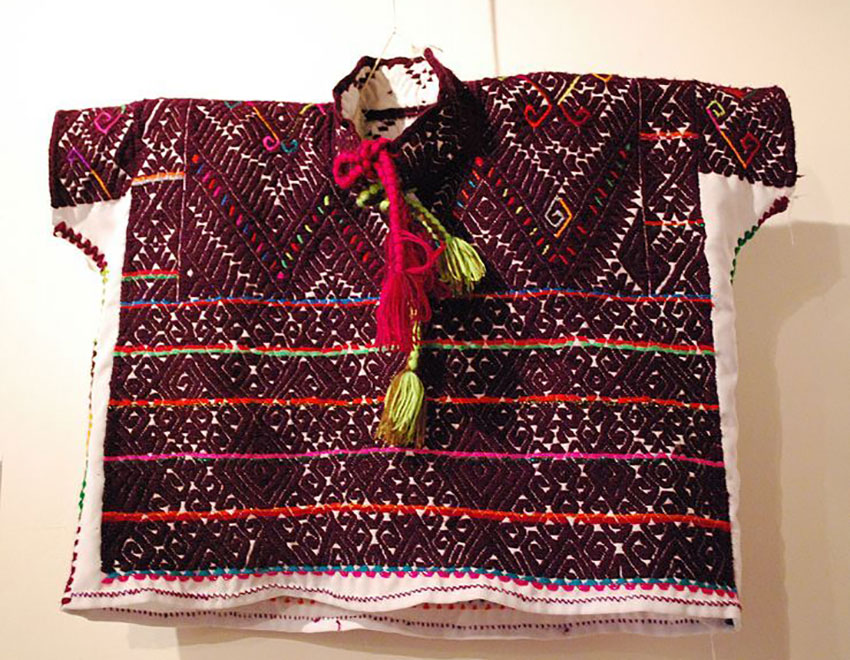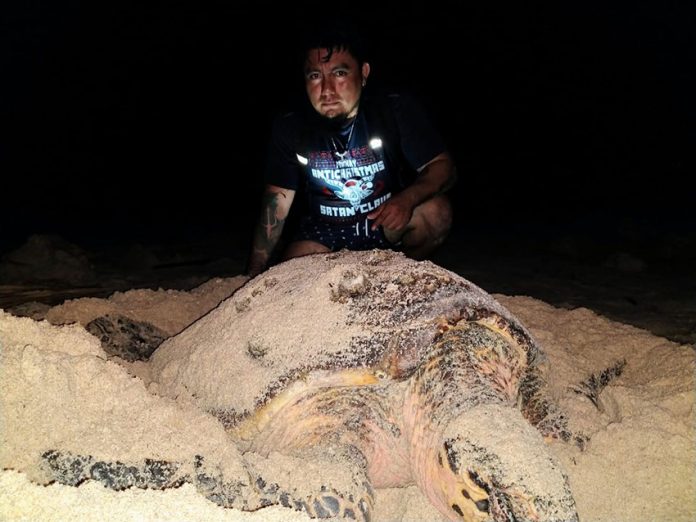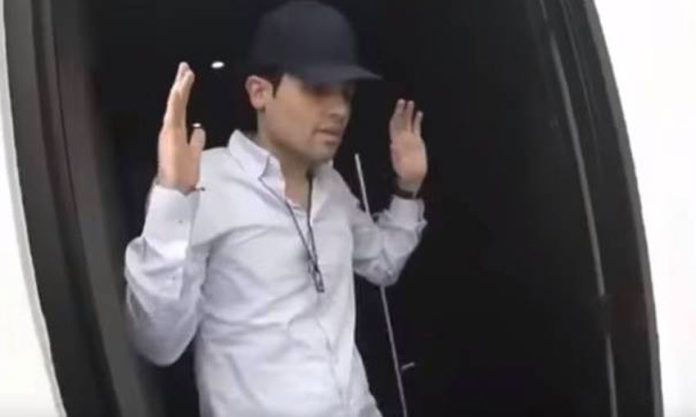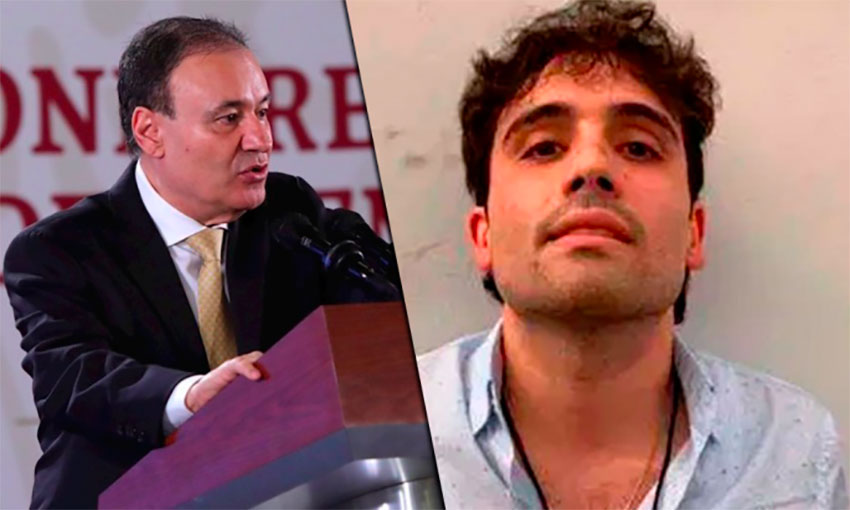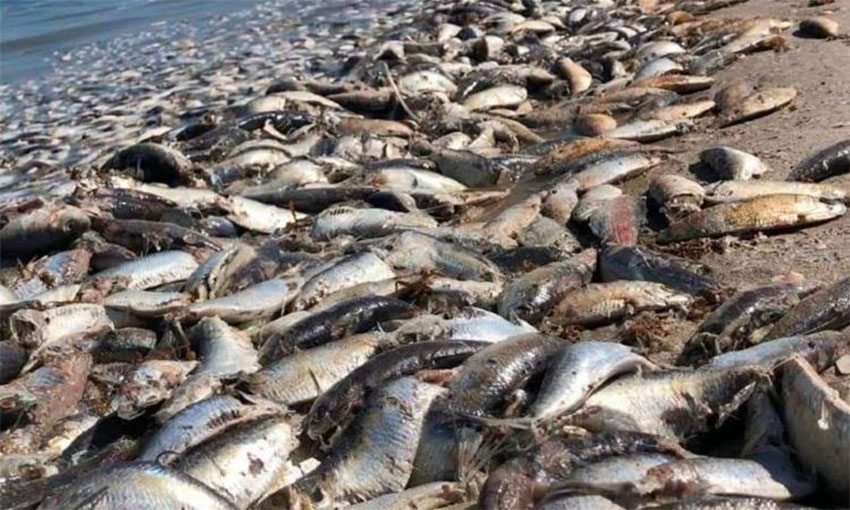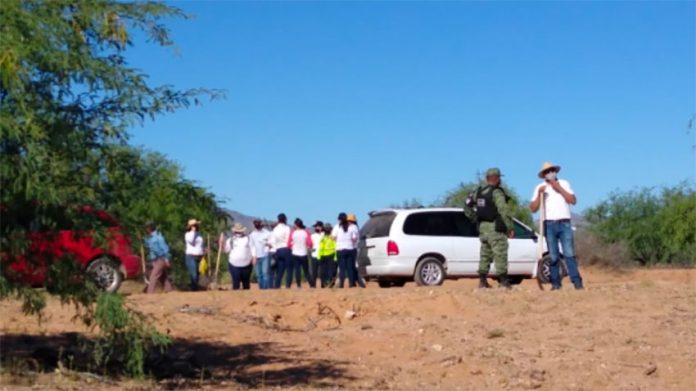The mother of Santa Rosa de Lima Cartel boss José Antonio “El Marro” Yépez and 25 other cartel members, including his sister and cousin, were arrested in Celaya, Guanajuato, on Saturday.
The arrests triggered a dramatic response: vehicles were set on fire to create road blockades at 47 locations in 13 municipalities.
María Ortiz, allegedly a financial operator for the fuel theft and drug trafficking organization and the mother if its leader, was arrested by the army and state police shortly after 2:00 p.m. at a home in the community of San Isidro Elguera where authorities say wages were paid to cartel members and associates.
El Marro’s mother had more than 2 million pesos (US $89,500) on her when she was detained as well as approximately one kilogram of a substance believed to be methamphetamine.
Soldiers and police also detained two women identified as Juana “N,” Yépez’s sister, and Rosalba “N,” El Marro’s cousin.
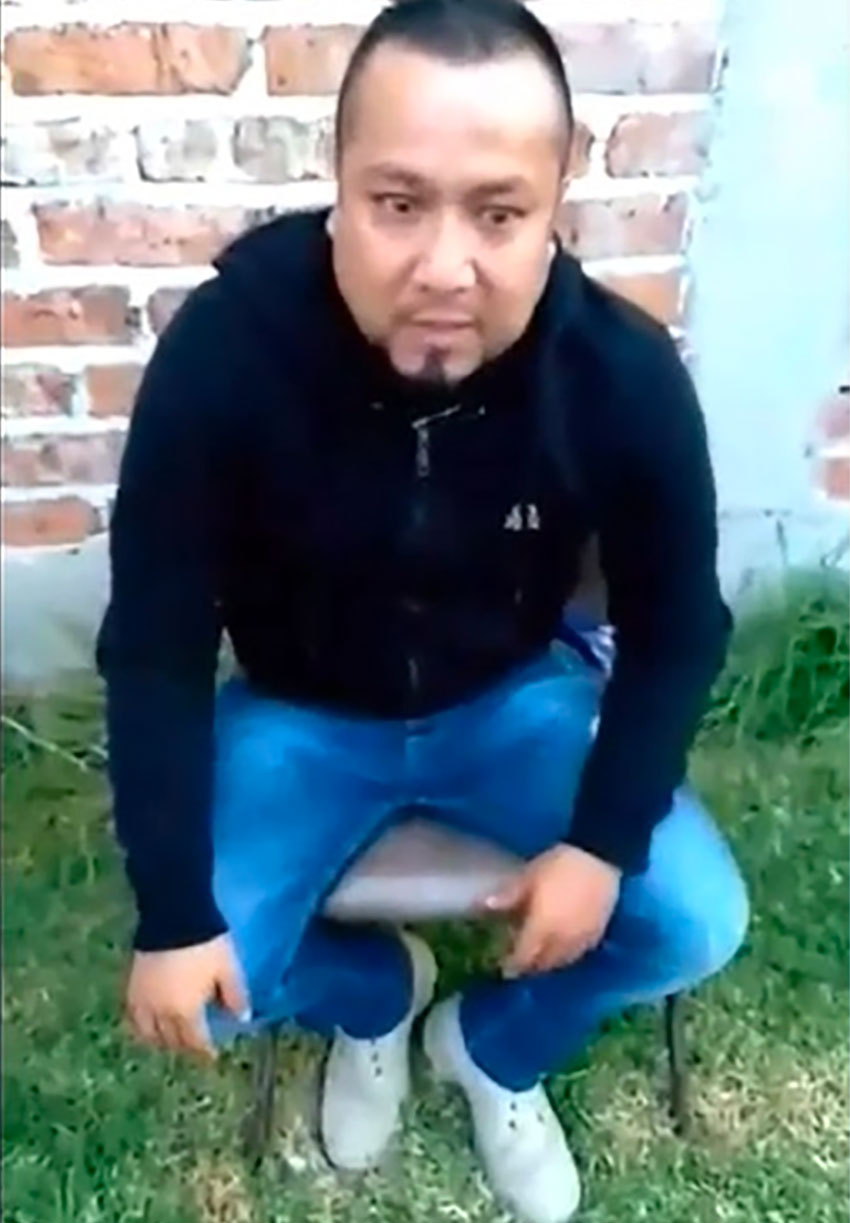
In addition, the authorities took sicarios (hired assassins or hitmen), halcones (hawks or lookouts for crime gangs) and other alleged cartel associates into custody. All of those detained allegedly arrived at the Celaya address to collect their fortnightly wages.
The National Defense Ministry said it had obtained a warrant to search the home prior to the arrests.
The newspaper Milenio confirmed that at least four other people with links to the Santa Rosa de Lima Cartel were arrested after raids on properties near the border between Celaya and Villagrán, the municipality where the criminal organization has been based.
The arrests sparked a violent response from the cartel, whose turf war with the Jalisco New Generation Cartel (CJNG) has made Guanajuato the most violent state in the country.
Yépez ordered vehicles to be set alight on several roads in and around Celaya in order to create fiery blockades to hinder efforts to arrest him. Blockades were established at at least 47 different points in 13 municipalities, Milenio reported.
The United States Embassy issued a security alert warning its citizens to avoid highways in 10 Guanajuato municipalities.
Reaparece #ElMarro debilitado llorando pide el apoyo ante el operativo de ayer en #Celaya #GuanajuatoViolento pic.twitter.com/RZISCXWa5a
— Magic Zoo (@MagicZoo1) June 21, 2020
“The embassy has received reports of ongoing unofficial roadblocks in the municipalities of Celaya, Juventino Rosas, Cortázar, Dolores Hidalgo, Apaseo el Alto, Apaseo el Grande, Salvatierra, Tarimoro, San Luis de la Paz, and San Jose Iturbide. Active gunfire is reported in San Luis de la Paz,” the alert said.
El Marro later appeared in two videos posted to social media. In one – recorded just before 7:00 p.m. Saturday, according to intelligence authorities – he thanked the people who set the vehicles on fire and pledged to support them.
Sources told Milenio that the blockades prevented authorities from quickly reaching the property where Yépez was located, and gave him time to flee.
El Marro became emotional at the end of the first video, holding back tears as he promised to keep up the fight against authorities “even if I’m left alone like a fucking dog.”
In a second video, Yépez confirmed the arrest of his mother and raised the possibility of entering into an alliance with other criminal groups, such as the Sinaloa Cartel.
He accused the authorities of supporting the CJNG, one of Mexico’s most powerful criminal organizations, but pledged that his cartel will continue to operate despite Saturday’s arrests further weakening its structure. Authorities told Milenio that the video footage of El Marro is authentic.
Yépez has evaded capture for the past 15 months despite federal and state authorities launching an operation aimed specifically at his arrest. The authorities have said on several occasions that they were closing in on the criminal leader, and claimed almost a year ago that he had no resources to fund his criminal activities because his bank accounts had been frozen.
However, while they have arrested scores of Santa Rosa de Lima Cartel members and several of Yépez’s family – including his father, wife (later released) and niece – El Marro himself has remained elusive.
A media report in February said the fugitive criminal leader built infrastructure in the small town of Santa Rosa de Lima and the surrounding area that was specifically designed to aid and abet his criminal activities and help him avoid capture.
Reports have also said that Yépez’s cartel had a payroll that included politicians, municipal, state and federal police as well as state and federal prosecutors.
Mike Vigil, former chief of international operations for the United States Drug Enforcement Administration (DEA), said in March that although the Santa Rosa de Lima Cartel is best-known for its illegal trafficking of petroleum products, it also sells other illicit goods, mainly cocaine.
He also said that Yépez is a big target for the DEA even though the gang he leads isn’t as large as other more notable criminal organizations.
Source: Milenio (sp)
